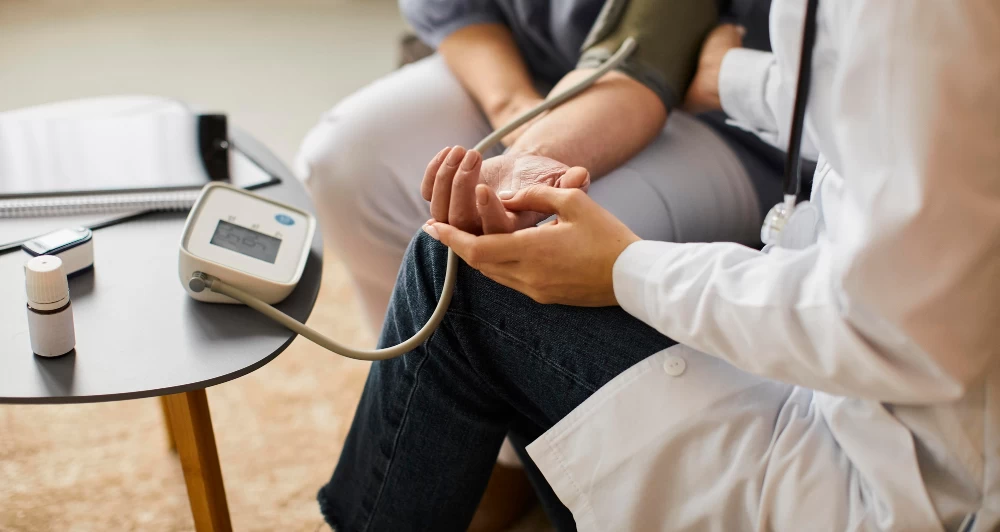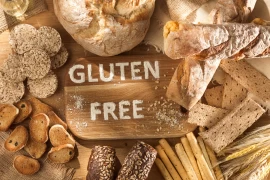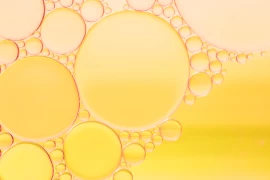
High Blood Pressure
- High Blood Pressure
- What is Blood Pressure and High Blood Pressure?
- What Are the Symptoms of High Blood Pressure?
- What Are the Dangers of High Blood Pressure?
- What are the Protection Measures Against High Blood Pressure?
What is Blood Pressure and High Blood Pressure?
Blood pressure is the pressure exerted on the vessel walls of the blood on the outline of the heart by the power and numbers of pump action. Hypertension, on the other hand, is the constant high pressure of this blood vessel wall.
What Are the Symptoms of High Blood Pressure?
High blood pressure; It manifests itself mainly with symptoms such as headache, nosebleeds, shortness of breath and weakness. However, it can also watch without causing any complaints. For this reason, it can cause sudden serious diseases such as cerebral hemorrhage with an acute effect, as well as hypertension, which is also called the 'silent killer', if it is not controlled, it can also prepare the ground for serious chronic diseases.
What Are the Dangers of High Blood Pressure?
The heart, brain, arteries, eyes, and kidneys are the major organs damaged by hypertension. In response to hypertension, some defense and balancing mechanisms begin in these organs. However, if the blood pressure is not treated and lowered in this process, irreversible permanent damage occurs.
- Heart failure: In high blood pressure, the heart's work against high pressure increases the workload. The heart, which consists predominantly of muscle mass, begins to thicken to meet this workload. Due to this increased muscle mass, the relaxation function of the heart begins to deteriorate. If it is not treated during this period, the contractile function of the heart begins to deteriorate over time. In this way, over time, first relaxation and then contraction function deteriorates, resulting in heart failure.
- Heart attack: High blood pressure both accelerates the development of atherosclerosis and causes negative changes in the heart's own vascular circulation. The resistance increases and the reserve decreases in the coronary vessels. As a result of all these reasons, the nutrition of the heart may be disrupted in patients with hypertension. If a patient whose relaxation function is impaired due to thickening of the heart muscle has a heart attack, the rate of progression of the crisis and the risk of death will be higher. Again, these patients may experience more rhythm disturbances and sudden death in response to ischemia due to vascular stenosis.
- Aortic aneurysm: Aneurysm is the name given to local enlargements that occur in one or more parts of the aorta. Although most of the patients do not have any complaints, sometimes pain may occur in the waist, abdomen and back regions. High blood pressure is known as the most important risk factor for aneurysm development. Controlling high blood pressure is crucial for preventing aortic aneurysm.
- Stroke: Compared to those with normal blood pressure, those with hypertension are 4-5 times more likely to have a stroke. Hypertension is the most important factor of ischemic stroke caused by narrowing or occlusion of the blood supplying vessel to the brain. In addition, it creates weak points and aneurysms in the brain vessels, and the most important risk factor for hemorrhagic stroke, which is seen as a result of bleeding as a result of their rupture, is also hypertension.
- Kidney failure: Hypertension is a disease that also affects the vessels. For this, it also chooses the kidneys, such as the heart and brain, as target organs. The higher the blood pressure, the higher the risk of developing kidney failure. High blood pressure is actually both a cause and a consequence of kidney damage. In other words, hypertension leads to kidney failure, and kidney failure leads to hypertension. In some kidney diseases, high blood pressure is seen as the first sign.
- Visual disturbances: Hypertension causes arteriosclerosis in the retina of the eye. This causes bleeding and damage. By monitoring retinal changes, it is possible to directly assess small vessel damage due to hypertension.
What are the Protection Measures Against High Blood Pressure?
All these diseases are preventable diseases with early diagnosis and treatment of hypertension.
- Lifestyle change: exercise, weight loss, salt-free diet, coping with stress
- Regular follow-up and control
- Medication as needed with the doctor's recommendation when necessary
- Early consultation and interdepartmental coordination for the 6 diseases listed above
- Effective treatment for individuals who develop diseases.





